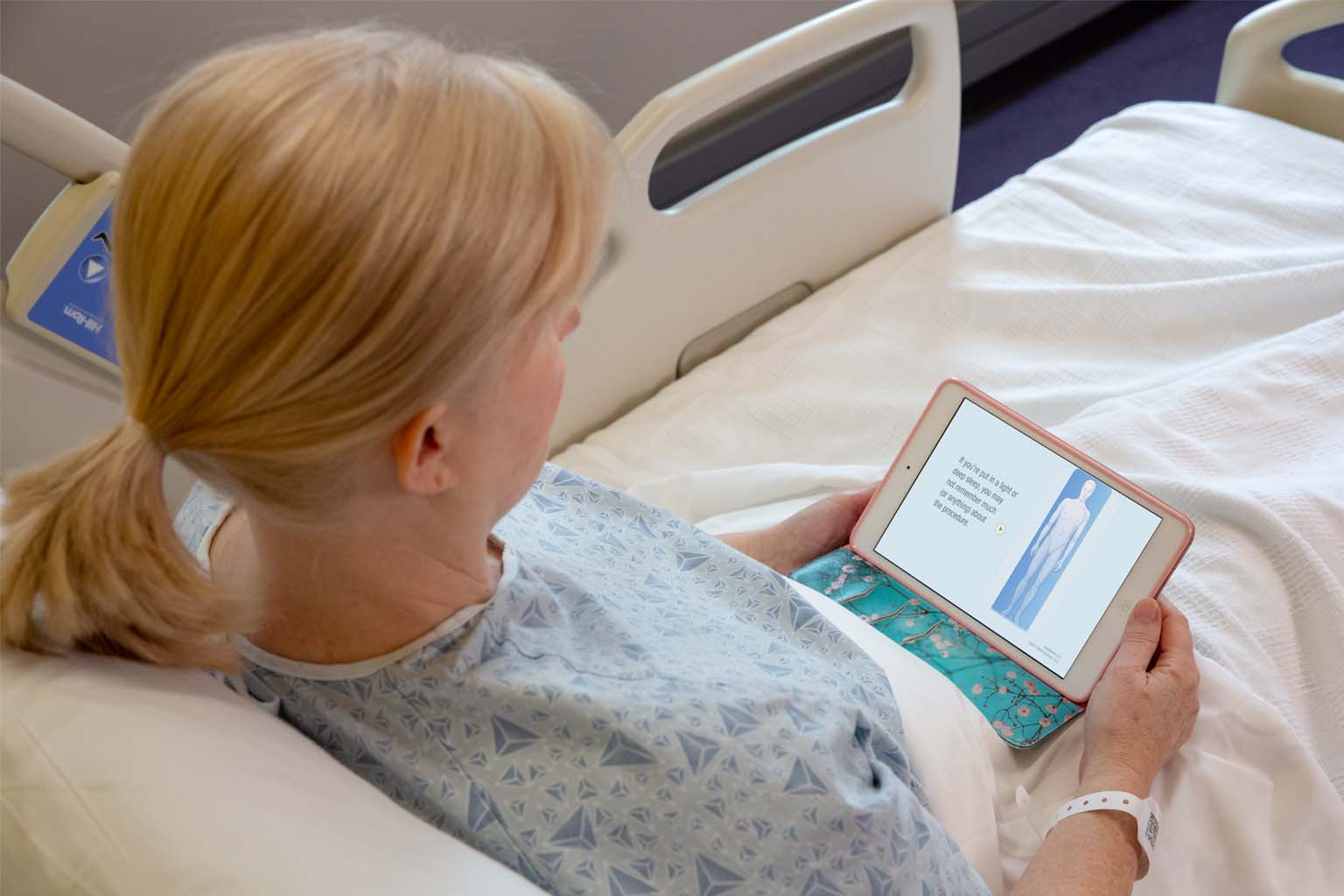Late in 2022, the United States Pharmacopeia (USP) released its final revisions to General Chapter <797> Pharmaceutical Compounding - Sterile Preparations. The revision, which becomes official November 1, 2023, represents a significant change from the 2008 standards currently in use.
Compounding pharmacies must respond to the new standards and requirements by:
- Understanding the new compounded sterile preparation (CSP) category definitions and updating beyond-use dates (BUDs) for each
- Conducting role-based personnel training and evaluations
- Updating microbiological air and surface monitoring practices
- Effectively communicating new standards for cleaning tasks, frequencies, and agents
- Redefining the designated person(s) role and quality program
- Complying with new documentation requirements
A recent Wolters Kluwer webinar comprehensively walked through the most important of these changes and offered implementation suggestions for each. This article will give you a sense of just how demanding this will be by diving into one of the most critical new requirements – personnel training and competency.
A new paradigm for personnel training and evaluations
The revisions to USP <797> will require significant changes in the training and evaluations of all staff members, and in some cases, visitors to your facility. The purpose is simple: to ensure all people involved in compounding sterile preparations have the knowledge and skills to safely and effectively perform their job duties, maintain the quality of the environment, and keep patients safe.
Several core competencies are defined in USP <797>. In essence, this means you must ensure – and your employees must demonstrate – very specific knowledge and skills in four areas:
- Sterile compounding practices and principles
- Hand hygiene and garbing
- Aseptic techniques and manipulation
- Maintenance of the sterile compounding environment
These changes will demand that you provide both didactic and hands-on training and validate competency in hand hygiene and garbing, as well as aseptic technique and manipulation more frequently and with more rigorous evaluation standards. For example, a staff person performing category 2 compounding will require competency evaluation every six months instead of annually, with additional personnel sampling metrics. Failure of any portion of the evaluation requires repeating the entire competency. Plan on at least doubling your gloved-fingertip media and aseptic validation media needs, as well as the training resources to execute these requirements.
Understand the different demands for different roles
Staff members actively compounding, as well as those with direct oversight, including the designated person in your operation, have the most to contend with in the revised chapter. One example: compounding personnel in facilities working with Category 3 CSPs will now have to undergo evaluations on a quarterly basis for garbing competency and aseptic techniques.
In addition, the new guidelines directly address a number of supporting roles, including restocking and cleaning personnel, in-process or final verification personnel, immediate-use compounders, and a variety of other people who may come into contact with your operation, such as certifiers, inspectors, surveyors and maintenance personnel. It is up to you to define these support roles and decide what they need to do in terms of training and evaluation and frequency. While this gives compounding pharmacies some flexibility in administering competencies, be sure to carefully define roles and expectations in your standard operating procedures (SOPs). At the very least, anyone entering the sterile compounding area is expected to follow hand hygiene and garbing SOPs.
Implementing USP <797> training with staff
With a clear enforcement date on the horizon, how should compounding pharmacies implement their new training and evaluations program?
It begins with making clear to the entire staff that USP made the revisions to ensure all people involved in compounding sterile preparations have the knowledge and skills to safely and effectively perform their job duties, maintain the quality of the environment, and keep patients safe.
From there implementation falls into three categories.
1. Revise or create your Sterile Compounding Training Program
To start, develop role-based compliance training for your staff which includes:
- Role definitions
- Required training and evaluations
- Frequency
- Corrective Actions
Within the training, you can also determine expectations for other roles involved in compounding, such as non-pharmacy personnel. Additionally, consider designating an “Assigned Trainer” role to assist with competency evaluations.
2. Update SOPs, obtain supplies, set a target date
When you’ve developed the training program, it should be formally written out in a policy for documentation and to stay aligned. Ensure you have adequate stock of TSA plates and media fill units, and then set a target date for going live with the new standards.
3. Implement staff USP <797> training
Ahead of going live with the new standards, begin training staff on the new program. Be sure you review updates with staff, including what has changed and why, and then roll out the training program you’ve devised. Then, document the competencies the staff has achieved, ensuring all criteria for incubation, passing thresholds, and skills have been validated.
Finally, be aware that personnel training and evaluation is only one of the changes that the chapter revisions will force on compounding pharmacies. All standards in the revised USP <797> must be met before implementing new BUDs. For more information on the others, and for thoughtful guidance on how to respond, the webinar is available here.
To ease the process of implementing the new standards, pharmacy compliance software solutions like Simplifi 797 provide ready-to-use policy and competency templates and readily retrievable documentation. You can learn more about Simplifi 797 or request a demo now to ensure you have the support you need to be prepared for November 1.




